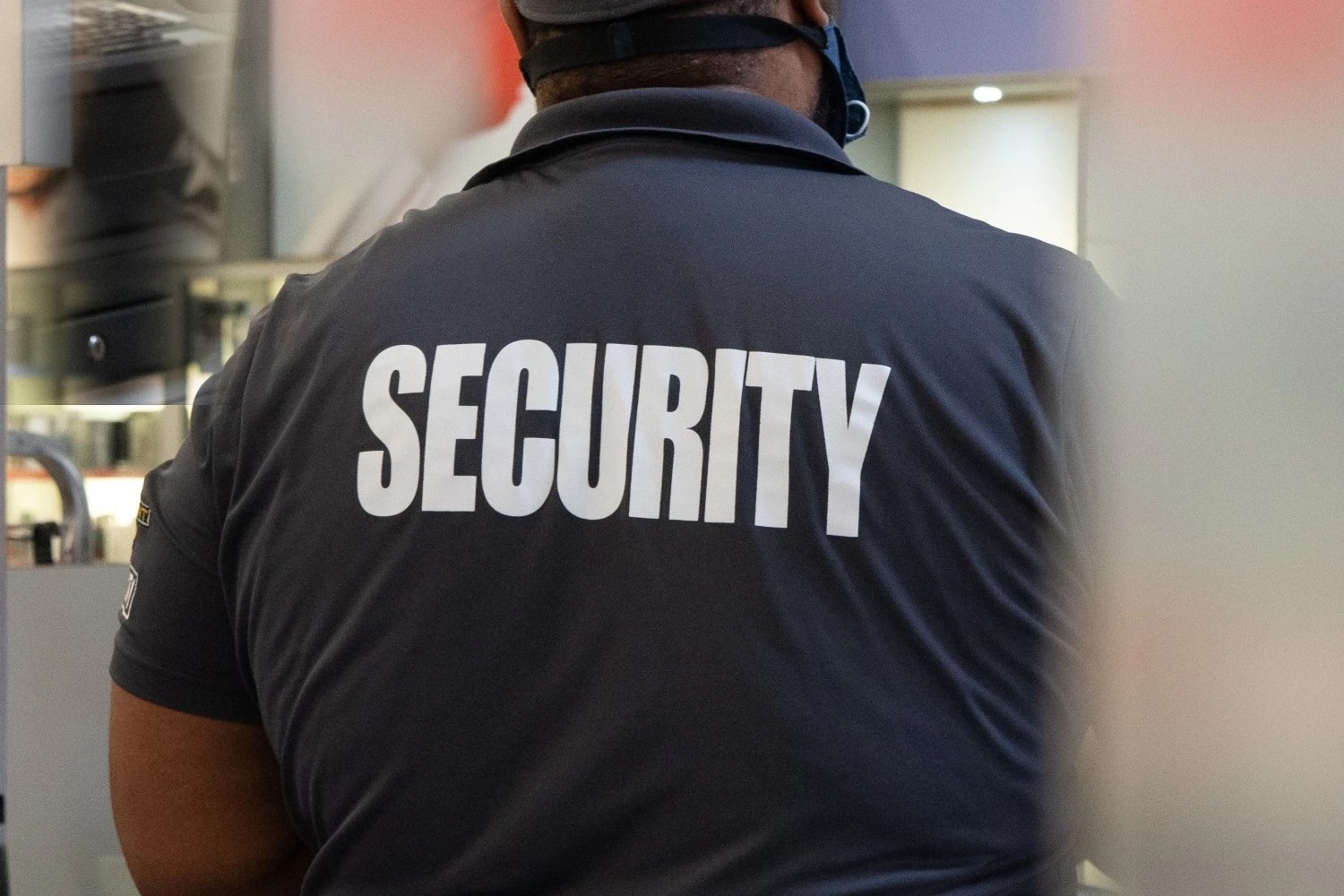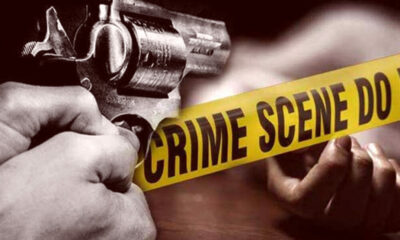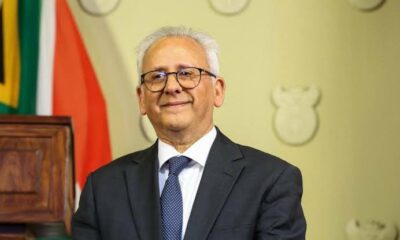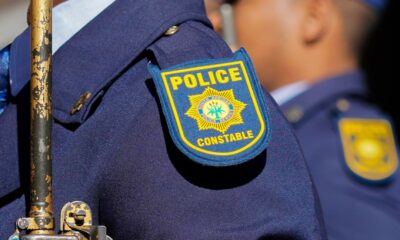Business
Why Private Security is Quietly Taking Over in South Africa

A Nation Guarded by Outsiders
Walk down a Johannesburg street these days and you are more likely to see a private security patrol car than a police van. South Africa has quietly become one of the most heavily privatised security states in the world. The shift is not accidental. It’s born out of shrinking police numbers, rising violent crime, and communities desperate to feel safe.
Trust in Police Hits Rock Bottom
For years, trust in the South African Police Service has been eroding. The Human Sciences Research Council found that only 22% of people still trusted SAPS in 2024. Distrust has climbed to 62%, compared to 40% in 2005. This collapse in public faith has accelerated over the past five years, mirroring the increase in violent crime that now defines daily life for many South Africans.
Crime as a Daily Reality
Statistics paint a grim picture. In 2024/25, there were 1.5 million incidents of housebreaking, and nearly 60,000 households reported a murder. Assaults and robberies often involve guns, knives, pangas, and even metal bars. Over the past five years, 2.6 million households have experienced a burglary.
While police reports show what is logged officially, the Governance, Public Safety, and Justice Survey revealed the broader truth: crime cuts across every class, community, and corner of the country. It’s not just an urban nightmare. Rural households are also deeply affected.
Private Security Fills the Gap
This is where the private security industry has stepped in. What was once a 50,000-strong workforce in 2001 has ballooned into an army of more than 600,000 active officers by 2024. Nearly three million people are registered with the industry. Compare that with just over 140,000 police officers serving a population of 62 million.
Ten years ago, there were around 153,000 police officers for a smaller population of 54 million. Today the ratio stands at one officer for every 440 people. The United Nations recommends one for every 220.
The growth in security companies has been just as striking. From just over 8,000 firms a decade ago, the number has doubled to 16,453 by March 2024. It is one of the fastest-growing industries in the country.
A Business of Safety
Services range from armed response units racing to triggered alarms to security guards stationed outside schools, shopping centres, and even public parks. For many South Africans, private security has become as essential as water or electricity.
More households are taking precautions. In 2024/25, 43.3% reported installing alarms, cameras, or fencing, compared to 39.9% the previous year. While 81% of people felt safe walking in their neighbourhoods during the day, only 36.1% felt the same after dark.
Jackson Simon of the Association of Private Security Owners of South Africa summed it up plainly: people are turning to private security because they want to feel safe, and they are not getting that protection from the police.
Where Does This Leave Us?
Private security outnumbers the police three to one, making South Africa unique in how safety has shifted into the hands of private firms. The trend raises important questions about inequality, accountability, and the future role of public policing. For now, though, the reality is that South Africans are living under an unofficial new order: one where safety is sold, not guaranteed.
Also read: Jannie Mouton’s R7.2 Billion Curro Deal Could Be South Africa’s Biggest Gift to Education
Follow Joburg ETC on Facebook, Twitter, TikT
For more News in Johannesburg, visit joburgetc.com
Source: Business Tech
Featured Image: Wise Move



























